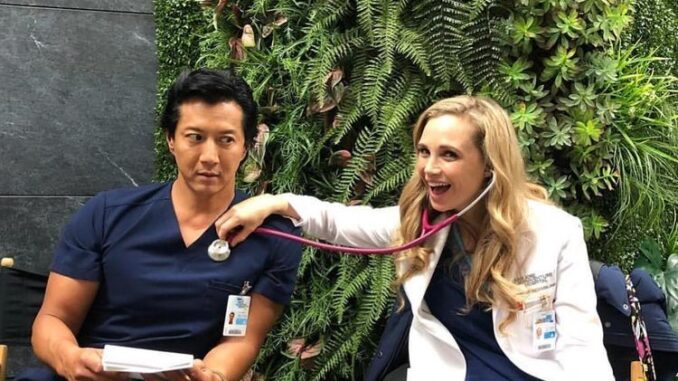
When The Good Doctor premiered in 2017, few expected it to evolve into a global phenomenon. Yet, through the quiet brilliance of Freddie Highmore’s Shaun Murphy, the series did more than capture audiences—it transformed how television portrays neurodiversity, empathy, and the meaning of excellence in medicine. Shaun’s story became a cultural conversation, one that continues to ripple far beyond the walls of San Jose St. Bonaventure Hospital.
For decades, characters with autism were rarely given central roles on mainstream television. When they were, they often served as plot devices or caricatures. The Good Doctor shattered that mold. By placing an autistic surgeon at the heart of a network drama, it challenged viewers to rethink long-held assumptions about capability, communication, and compassion. Highmore’s sensitive, authentic portrayal gave a face—and a voice—to a group often misrepresented or overlooked.
The impact was immediate and far-reaching. Viewers around the world, including many on the autism spectrum and their families, expressed gratitude for a character who reflected their experiences without judgment. Shaun wasn’t defined by his diagnosis; he was defined by his persistence, kindness, and brilliance. In doing so, The Good Doctor didn’t just tell a story about autism—it invited empathy, curiosity, and dialogue on a global scale.
Freddie Highmore’s performance became a catalyst for change in Hollywood. Casting directors and producers began to rethink how inclusivity could be approached with integrity rather than tokenism. The series also inspired professionals in the medical field, prompting discussions about neurodiversity in healthcare and the importance of emotional intelligence in patient care.
Culturally, The Good Doctor arrived at a time when society was craving more meaningful representation. Shaun Murphy’s journey—his triumphs, heartbreaks, and unwavering dedication—mirrored universal human struggles. Audiences didn’t see an “autistic doctor.” They saw a human being striving to do good, to connect, and to be understood. That universality made the show resonate across languages, borders, and backgrounds.
Beyond the screen, The Good Doctor influenced education, advocacy, and awareness. Autism organizations frequently cite the show as a breakthrough in mainstream understanding. Its success also paved the way for more authentic portrayals of neurodivergent characters in media, proving that inclusivity isn’t just socially important—it’s artistically powerful.
Freddie Highmore once said he approached Shaun’s role with “a responsibility to truth.” That truth now lives in the millions who found comfort, representation, or inspiration in Shaun’s journey. Through his empathy, discipline, and quiet courage, Shaun Murphy reminded the world that brilliance is not measured by conformity but by compassion.
In the end, The Good Doctor did what few medical dramas ever achieve—it healed perceptions. And through Freddie Highmore’s extraordinary performance, television became not just entertainment, but a mirror reflecting the beauty of difference and the strength found in understanding.
